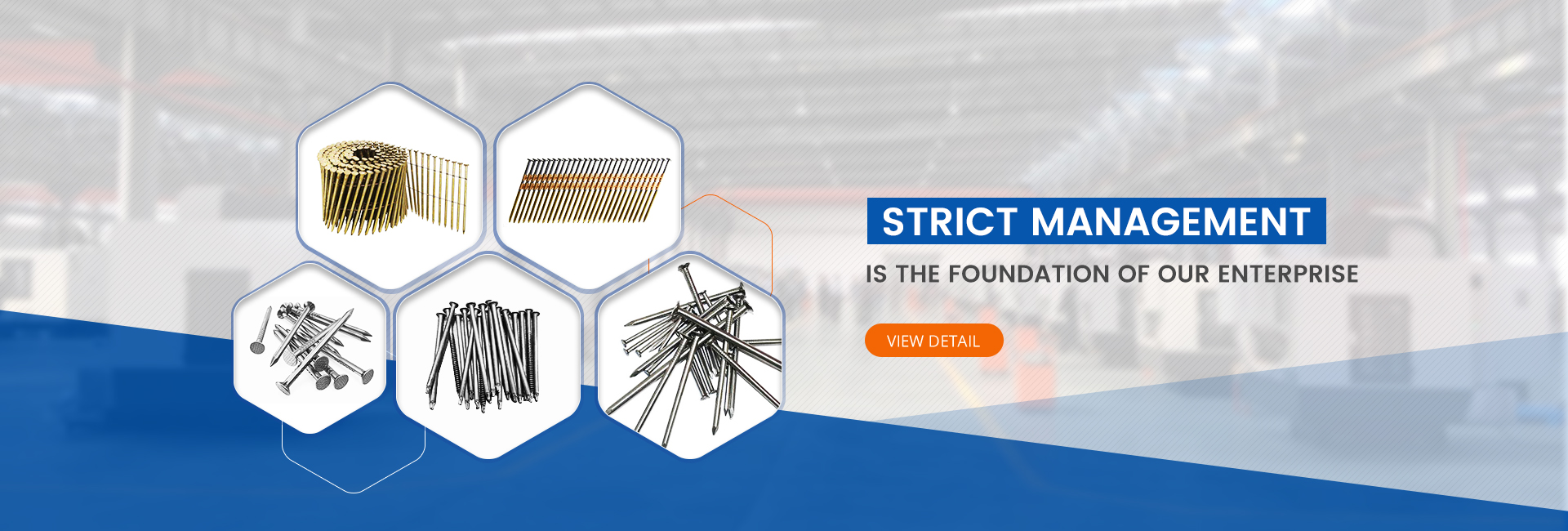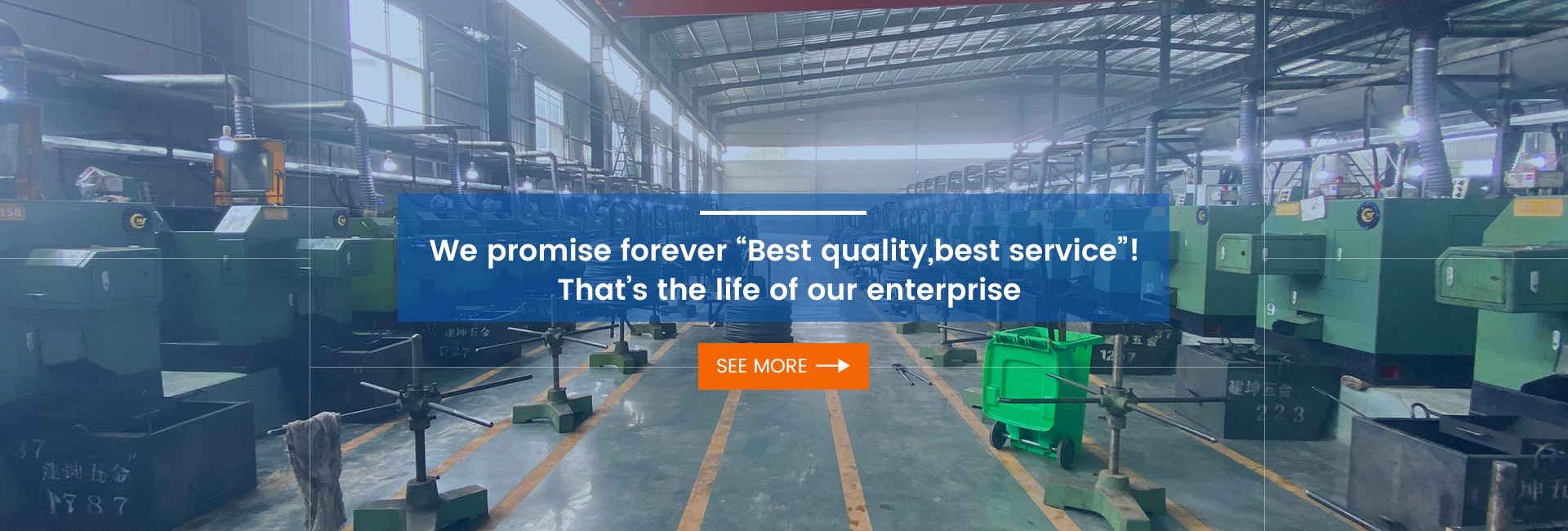Pallet manufacturing, a vital component of global logistics, has embraced coil nails as an essential fastening solution. Coil nails are used extensively to assemble wooden pallets, offering a fast, reliable, and cost-effective method for securing components.
One of the main reasons coil nails are favored in pallet production is their compatibility with automated nailing systems. These systems, equipped with pneumatic nail guns, allow manufacturers to produce pallets at high speeds without compromising on quality. A single coil can hold hundreds of nails, reducing downtime for reloading and increasing overall productivity.
Coil nails are particularly well-suited for pallets due to their holding power. The nails penetrate deep into the wood, creating strong joints that can withstand heavy loads during transportation. This durability is critical in industries such as shipping, warehousing, and supply chain management, where pallets are subjected to rigorous handling.
Moreover, the variety of coil nail options available allows manufacturers to customize their pallets for different requirements. For instance, galvanized or stainless steel coil nails are used for pallets that will be exposed to moisture, ensuring rust resistance and longevity. Heat-treated or chemically treated nails are also available to comply with international shipping regulations, such as ISPM-15 standards.
The sustainability movement has further boosted the adoption of coil nails. Wooden pallets are often reused or recycled, and the nails used in their assembly must be durable yet easy to remove for repair or repurposing. Coil nails meet these criteria, making them an eco-friendly choice for pallet manufacturers.
As global trade expands and the demand for pallets grows, the role of coil nails in ensuring the efficiency and durability of pallet production will only increase. Their reliability and adaptability make them a key element in the logistics industry.
Post time: Dec-17-2024




